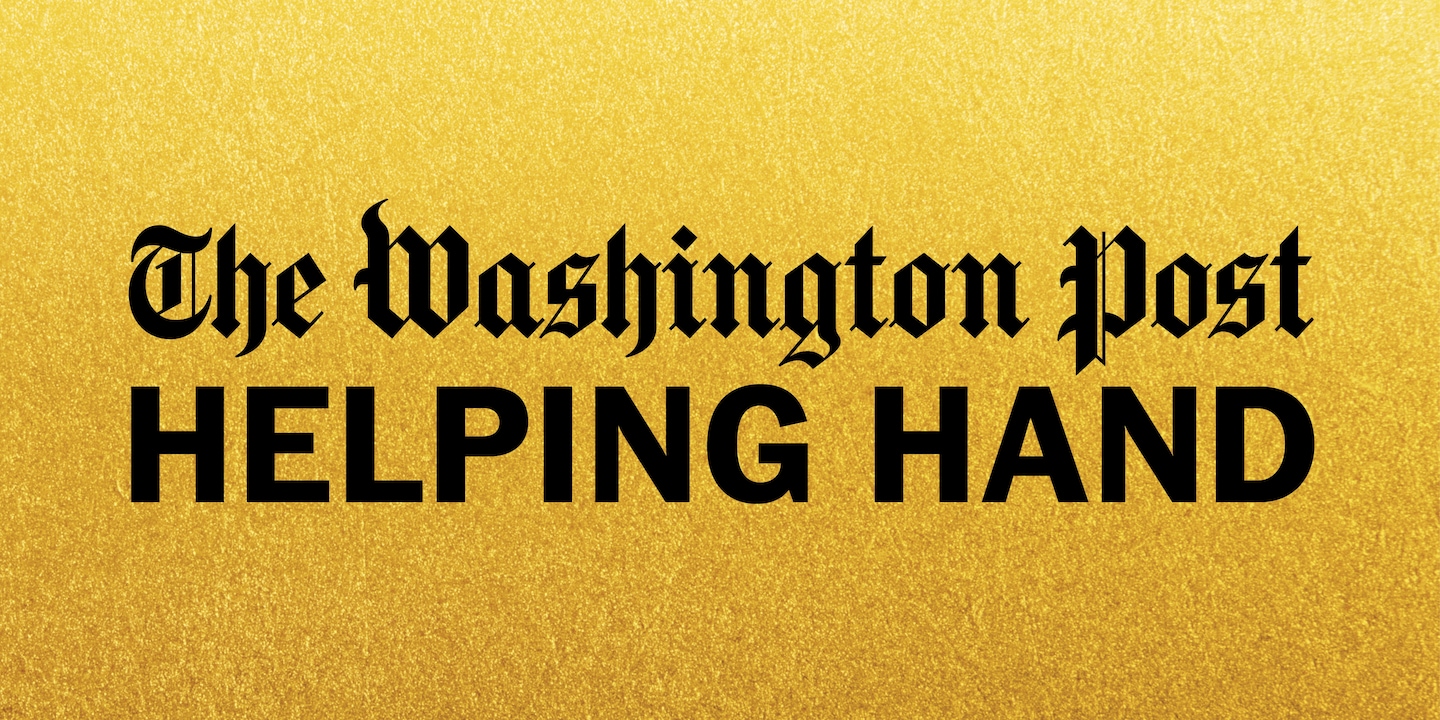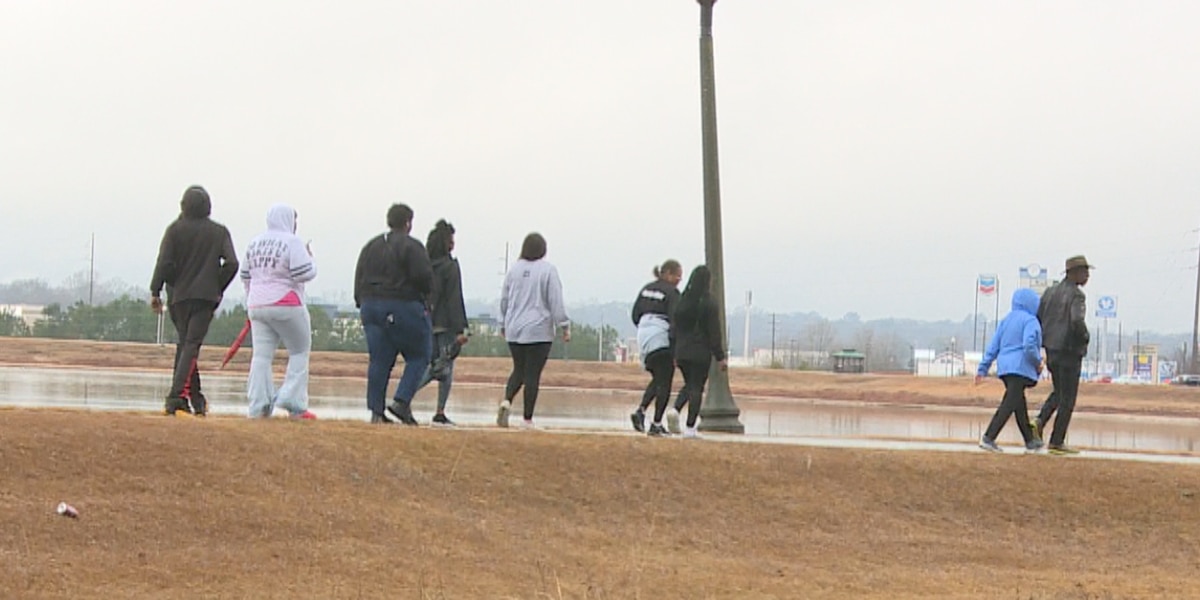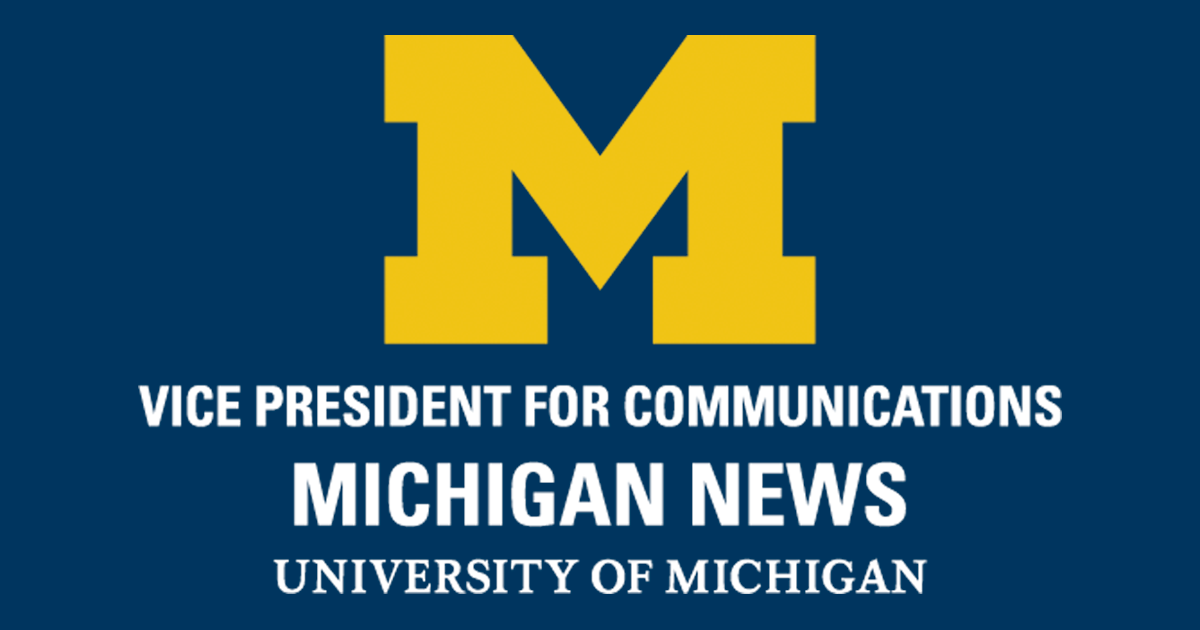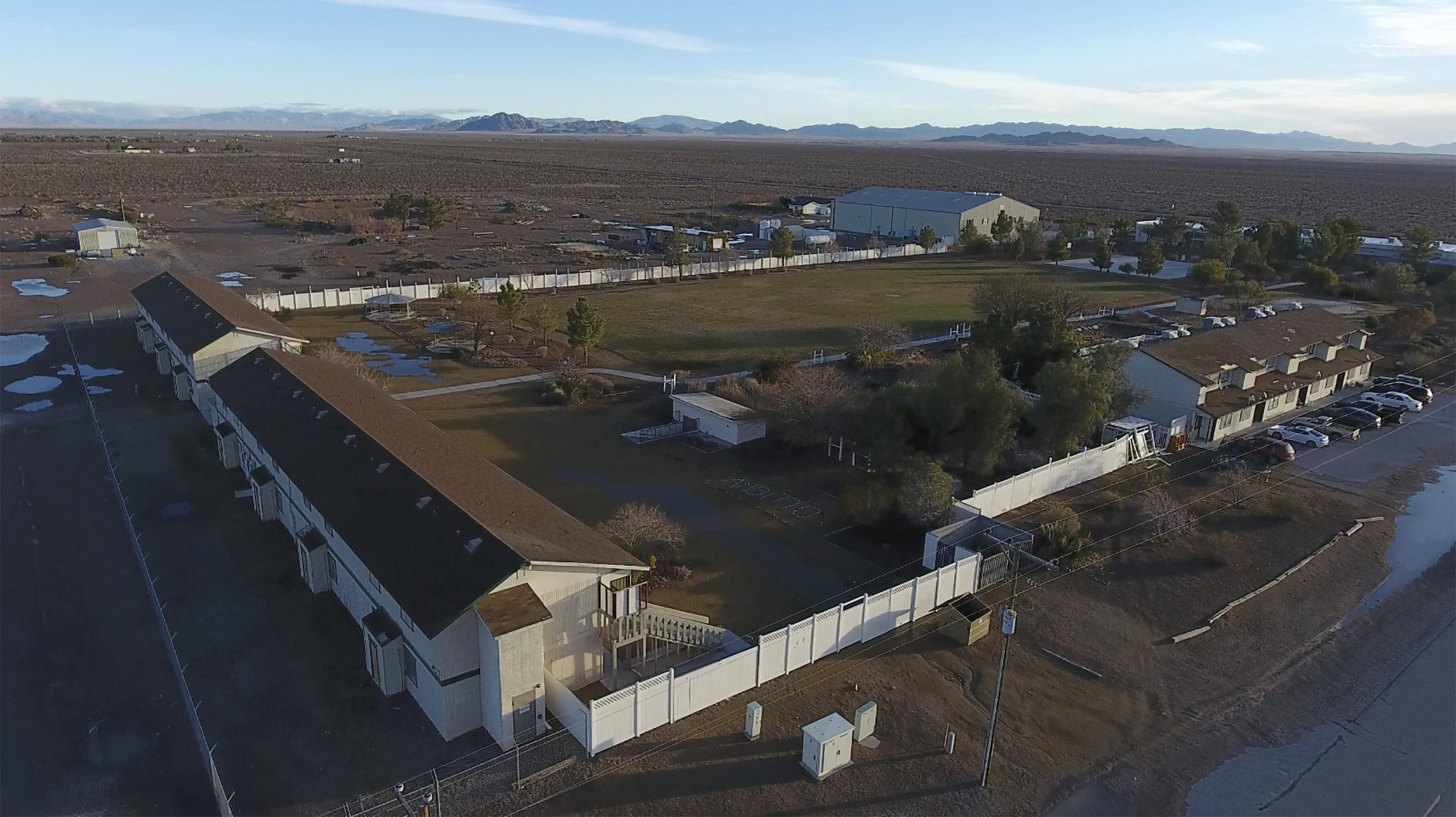[ad_1]
Now imagine doing that job when your home is a sleeping bag and your “job” is navigating the day-to-day struggle of just staying alive.
“In the public health world, you hear phrases like ‘Housing is health care,’” said Adam Rocapdeputy director of the D.C. homelessness charity Miriam’s Kitchen. “A lot of public health research calls housing one of the key social determinants of health.”
In other words, if you can move someone from the streets to their own apartment, you can improve some of the health issues they currently face and prevent future issues from arising.
And those health issues are myriad. Sickness is something that can drive a person into homelessness, as savings are exhausted and housing is lost while trying to afford care. Treating an existing illness while living in the streets is difficult.
“For people diagnosed with cancer, it’s really hard to do chemo and radiation if you don’t have stable housing for recovery,” Rocap said. “Other basic things, like dialysis, it’s not that you can’t do them unless you’re housed but it’s just really hard.”
Bouncing back from even the most basic outpatient surgery — keeping stitches clean, for example — is a challenge. And when your possessions are in bags that you carry, keeping track of medication is difficult, especially medication such as insulin that must be refrigerated.
There are also dangerous conditions that are caused or exacerbated by experiencing homelessness.
“Homelessness in and of itself is a health hazard by virtue of exposing people to the elements, especially when it’s cold like this,” said Catherine Croslanda physician and director for homeless outreach development at Unity Health Carean organization founded to provide a safety net for people living in poverty. “People die from hypothermia every single year. They develop frostbite with long-term complications, including amputation and chronic arthritis.”
Homelessness takes a mental toll, too. Unhoused people, Crosland said, can experience chronic stress from the threat of violence that comes from living on the streets. Even in shelters, they may suffer from lack of sleep.
Another wrinkle: The clients Miriam’s Kitchen serves are getting older. Many are over 55. Rocap said the health issues affecting a person who is homeless are typically those of someone 10 to 15 years older.
This is all sobering stuff. But Miriam’s Kitchen is trying to help. It serves nutritious meals every weekday and twice a week — on Tuesday mornings and Thursday afternoons — staff from Unity Health Care come to offer their medical services to clients.
“We have always believed in meeting people where they are,” Crosland said. “Rather than expecting patients to come to us, we have always sought to decrease barriers to accessing medical care by going to them.”
At Miriam’s, that means setting up right off the dining room in the basement of Western Presbyterian Church in Foggy Bottom.
The long-term aim of everything Miriam’s Kitchen does is to find housing for its participants. That can be a slow process. Along the way, Miriam’s offers meals and access to the doctors and nurses of Unity. This is important not just for addressing immediate medical problems, but to track a patient’s health.
Think of the people close to you — your family, your friends — and how they would pitch in if you got sick. If you’re estranged from your family — without a home, beset by issues of mental health or addiction — you may not have that support. You might not even have something very basic: a benchmark for your health.
“When we’ve known people for a while, we may notice things that are changing healthwise for one of our guests that they don’t notice,” Rocap said.
It isn’t being sick that’s a full-time job. It’s getting well. If you’re living on the District’s streets, Miriam’s Kitchen and Unity Health Care are working right alongside you.
Miriam’s Kitchen is a partner in The Washington Post Helping Handour annual charity fund drive. Your donation can make a difference in the lives of unhoused people facing medical crises. As Dr. Crosland told me, “Even the healthiest person thrown into homelessness will develop all kinds of health issues.”
To give online to Miriam’s Kitchen, visit posthelpinghand.com and click where it says “Donate Online Now.” To give by check, write Miriam’s Kitchen, Attn: Development, 2401 Virginia Ave. NW, Washington, DC 20037.
[ad_2]
Source link




